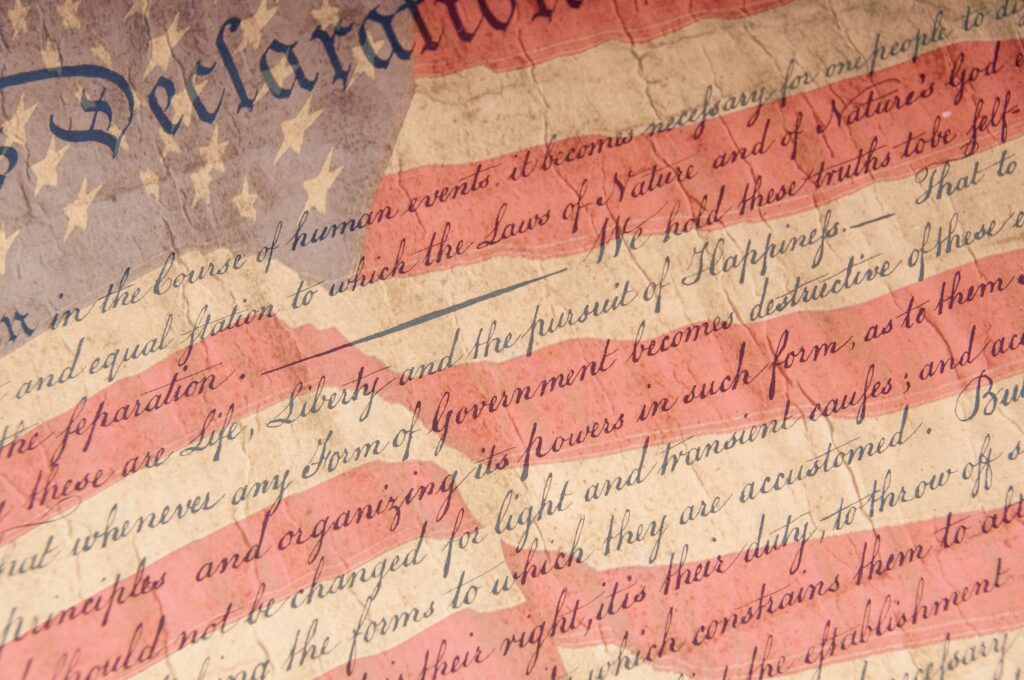Trump and Biden are both free-speech snowflakes
Before embracing any new law, I recommend a simple rule of thumb – one that would solve innumerable problems if everyone, on the Right and Left, embraced. Imagine that new power wielded by your most loathsome political enemy. If you’re still good with it, then move forward. In most instances, my usual response is, “Oh, never mind.”
“If Congress doesn’t bring fairness to Big Tech, which they should have done years ago, I will do it myself with Executive Orders,” Donald Trump recently tweeted. This is more than his usual Twitter dumpster fire. The president last week filed a court motion opposing a tech-company challenge to his May executive order that seeks to insert the government more deeply into policing online speech.
This “governance by executive order” approach has always upset me. Republicans were rightly aghast at Barack Obama’s misuse of presidential edicts, under the wise theory that, even if legal, they circumvent the checks and balances that are at the heart of our republic. Presidents have vast powers, but they aren’t elected dictators.
After Trump took over, many formerly aghast Republicans became a little less aghast as the president issued orders they liked. At first, they said he was only undoing Obama’s overreach. Now that Trump has decided to rival Obama for his muscular use of such orders, these folks are eerily silent. Perhaps the president will win re-election, but he might not. Sorry, but someone you despise will eventually grasp that presidential pen.
Many of these orders are largely symbolic. After Trump promised an executive order requiring health-insurance companies to cover pre-existing conditions, he added it was merely a “signal” given that Obamacare already required such coverage. His proposals to regulate technology companies, however, are heading into more substantive territory. Are Republicans comfortable giving Democrats broad new powers to regulate the Internet?
I’ve given up trying to find any ideological consistency from the president, but it’s clear that he’s really, really mad at Facebook, Twitter and YouTube for fact-checking his tweets, deleting accounts from conservative activists and inconsistently punishing users who violate the firms’ rules and regulations. Trump accuses the online forums of having a political bias, which may or may not be true – but they are ultimately private forums.
“Online platforms are engaging in selective censorship that is harming our national discourse,” the president said in his executive order. His solution is to chip away at Section 230 of the federal Communications Decency Act. His supporters describe that 25-year-old regulation as a special privilege for online venues, because it protects them from lawsuits regarding the myriad comments, memes and videos that users post.
That section isn’t a privilege, but something fundamental to the flourishing of these social-media services that we all enjoy and have come to depend upon for our communications. Because traditional publishers edit and review the articles they post (as opposed to the freewheeling comments section), they are subject to lawsuits if they publish something that may be defamatory.
If your Aunt Ethel could sue Facebook because of Cousin Frank’s mean and accusatory online posts, then the entire social-media edifice would collapse around us. Fortunately, any overly intrusive executive order is unlikely to pass legal muster – and some members of Trump’s own Federal Communications Commission have expressed doubts about serving as the president’s online-speech enforcer.
The tech companies are in a bind. Conservatives complain that they are unfairly targeting the president, but progressives – who also have Section 230 in their crosshairs – want the services to be even more intrusive in their meddling. As Elizabeth Nolan Brown wrote for Reason, “Progressives don’t like Section 230 because it means that only the perpetrators of crimes like harassment … can be charged or sue over these actions, not whatever digital tool or service they happened to use.”
Trump isn’t the only one behaving like a snowflake. Last year, the Joe Biden campaign demanded that Facebook and Twitter reject some of the president’s political ads. “It is one thing to allow President Trump the platform to spread falsehoods from his own account; it is quite another to profit from paid ads echoing the same lies,” the campaign argued. Egad.
Both candidates, by the way, have called for the federal government to revoke Section 230. The Biden folks also blathered about the importance of the First Amendment and the Trump executive order likewise rambled on about the importance of free speech, but that amendment is clear about restricting government from policing discourse.
Revoking Section 230 may not necessarily run afoul of the Constitution, but the Trump order (and Democratic proposals) would, as CNN reported, “regulate how companies moderate content on their websites.” The intent certainly is to insert government into free-speech matters. Since both parties support similar intrusions, it’s extraordinarily easy to apply my rule of thumb: Do you want the other guys to have a bigger hand in regulating your online speech?









